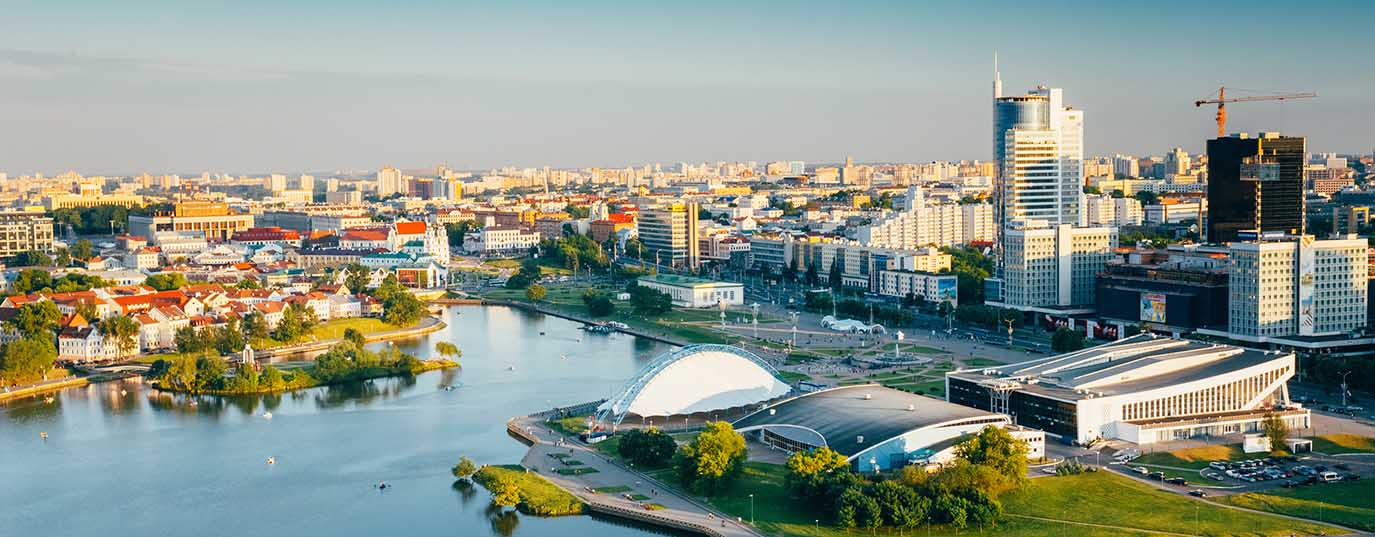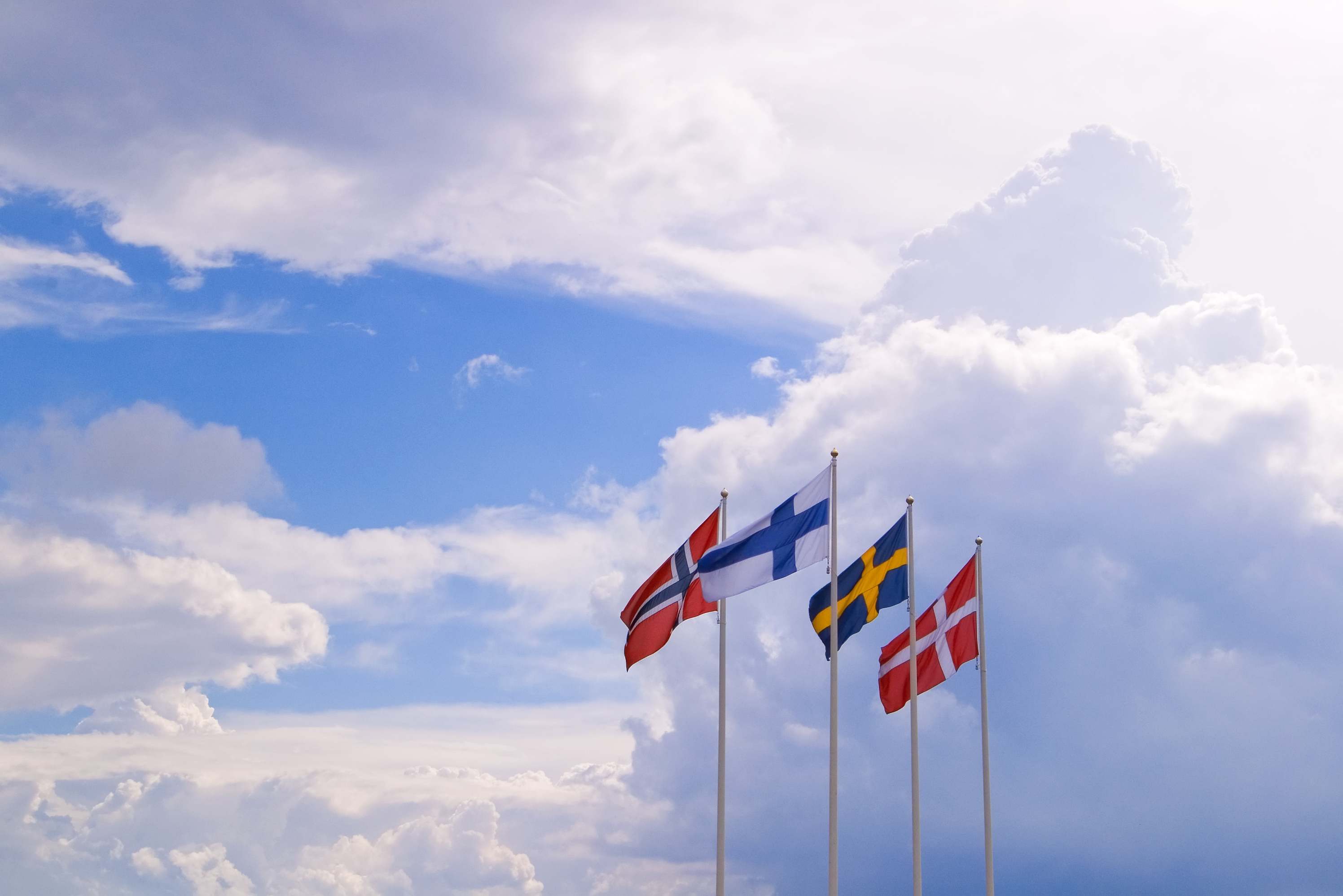Top countries with most economic inequality
The world has reached unsustainable levels of economic inequality, where the richest 1% of the world population owns more wealth than the remaining 99%
Top countries with most economic inequality
The world has reached unsustainable levels of economic inequality, where the richest 1% of the world population owns more wealth than the remaining 99%. Economic growth is not enough if it does not include the three dimensions of sustainable development: economic, social and environmental. In this sense and regarding the tenth of the Sustainable Development Goals states work to "reduce inequality within and between countries."
To measure these levels of inequality, organizations like the UN (United Nations) and the World Bank use the Gini Coefficient: a number between 0 and 1, where 0 would be a totally fair distribution of income, wealth and equity among all the inhabitants of the country and 1 would mean that all wealth is controlled by just one person. For the UN, a Gini Coefficient higher than 0.40 is alarming because it indicates a polarization between rich and poor difficult to take by the society.
Gini Coefficient, the one we'll use for this top, is used by major international organizations, although there are other indexes that also measure inequality.
Zambia
Paradoxically, Zambia is one of the ten world economies with fastest growing. However, the distribution of these new riches is falling into the hands of a few, hence occupies the tenth place in the top of countries with greater inequality.
Poverty is extreme in rural areas while large companies in this African country are getting administrative benefits in the form of very low taxes.
Inhabitants: 16,212,000 in 2015
GDP: 26.611 billion dollars in 2014
Rent per capita: 1,820 dollars in 2014
Gini Coefficient: 0.575
Honduras
Honduras is one of the Central American countries with worst inequality, especially for women and children. With nearly half of households in extreme poverty, according to the National Institute of Statistics of Honduras, it is the second poorest state of the entire American continent.
Inequality in Honduras is caused by its economic model, which improved macroeconomic data since its inception in 2002 but did not benefit rural and indigenous communities.
Inhabitants: 8,725,000 in 2014
GDP: 19.567 billion dollars in 2014
Rent per capita: 2,368 dollars in 2014
Gini Coefficient: 0.580
Haiti
The poorest economy in America is Haiti. This Caribbean country, shaken in 2010 by a tragic earthquake, holds a heightened level of inequality between its rural areas, urban areas and the capital, Port-au-Prince.
The distribution of wealth is so highly polarized that 20% of the poorest population receives 0.9% of total income and the richest 20% receives 64.3%.
Inhabitants: 10,604,000 in 2015
GDP: 8.919 billion dollars in 2014
Rent per capita: 852 dollars in 2014
Gini Coefficient: 0.595
Suriname
Suriname is a small South American nation that encloses inequality inherently. With a population of just half a million inhabitants, its economy depends almost exclusively on foreign markets: the United States and other Caribbean countries because of proximity and the Netherlands for being its European metropolis.
To increase this divergence, half of the population lives in the capital, the coastal city of Paramaribo, and the other half lives in inner rural areas with a very high rate of unemployment which the government reforms have failed to curb. Such is the case of the ineffective Reorganization Plan of the Economic System of 2001.
Inhabitants: 551,000 in 2014
GDP: 5.297 billion dollars in 2014
Rent per capita: 9,583 dollars in 2014
Gini Coefficient: 0.613
Botswana
Despite its still high social inequality, Botswana's economy is the fastest growing worldwide and is being promoted as one of the main tourist destinations.
This data should not necessarily be aimed at reducing social inequality, in fact, they can sometimes be an incentive to increase inequality. However, in the case of Botswana, the reforms are aimed at reducing disparities, such as a very strong investment in its education system.
Inhabitants: 2,155,784 in 2014
GDP: 17.222 billion dollars in 2015
Rent per capita: 7,995 dollars in 2015
Gini Coefficient: 0.614
China
Despite its fast economic growth, the world's most populous country is also one of the most unequal. A communist political system that has absorbed and adapted some of the pillars of the capitalist economy to transform cities in the last thirty years but has not yet been able to eliminate the polarization of wealth.
Thus, China is already the second country with the largest number of billionaires, only behind the United States, but almost 600 million people still live in poverty, 85% of them with less than one dollar a day.
Inhabitants: 1,376,049,000 in 2015
GDP: 11.384 trillion dollars in 2015
Rent per capita: 8,280 dollars in 2015
Gini Coefficient: 0.614
South Africa
The southern African country has historically been a clear reflection of inequality. Racial segregation from the post-colonial era until the late twentieth century maintained a separatist system that continues to this day.
Apartheid, although lacks institutional officialdom, is still palpable on the streets of Johannesburg and other towns. Overall, the poor South Africans are black, while the white population continues to maintain a good standard of living.
Inhabitants: 54,956,900 in 2015
GDP: 323.809 billion dollars in 2015
Rent per capita: 5,902 dollars in 2015
Gini Coefficient: 0.631
Namibia
A quarter century after its independence from South Africa, Namibia has not yet been able to shake off the inequality and that affects the development of a country with many resources to thrive.
According to a UN report, more than one in four households live below the poverty line. This is because 10% of the poorest population receives only 1% of total revenues in the country, while 10% of the richest control over 50% of the wealth.
Inhabitants: 2,113,077 in 2011
GDP: 13.604 billion dollars in 2014
Rent per capita: 5,961 in 2014
Gini Coefficient: 0.639
Comoros
The Comoros archipelago, on the east coast of Africa between Mozambique and Madagascar, is a small nation who gained its independence from France in 1975 and since then has experienced more than twenty coups d'état.
This political instability is certainly one of reason why there's such inequality in Comoros, which lives in a situation of extreme poverty. Added to this, the country hardly generates its own resources and survives mainly through international cooperation. There is little foreign investment and successive governments are unable to create an economy beyond subsistence.
Inhabitants: 724,300 in 2014
GDP: 655 million dollars in 2013
Rent per capita: 925 dollars in 2013
Gini Coefficient: 0.643
Seychelles
Sadly, this tourist destination is the country with the highest rate of inequality worldwide. The beautiful beaches and luxury resorts contrast with the low income of the Seychellois.
Although statistically Seychelles is the richest country in Africa, the distribution of that wealth responds to extreme polarization caused by tourism, which lies in a few hands and almost always foreign, and the condition of the archipelago as a tax haven.
Inhabitants: 100,212 in 2015
GDP: 1.473 billion dollars in 2014
Rent per capita: 15,673 dollars in 2014
Gini Coefficient: 0.658
Sources: World Bank, Eurostat, Oxfam, Unicef, Diario Hoy, El País, Diario La Tercera, ABC, El Mundo, ONU, Pobreza Mundial and Foro Internacional de las Plataformas Nacionales de ONGs.









